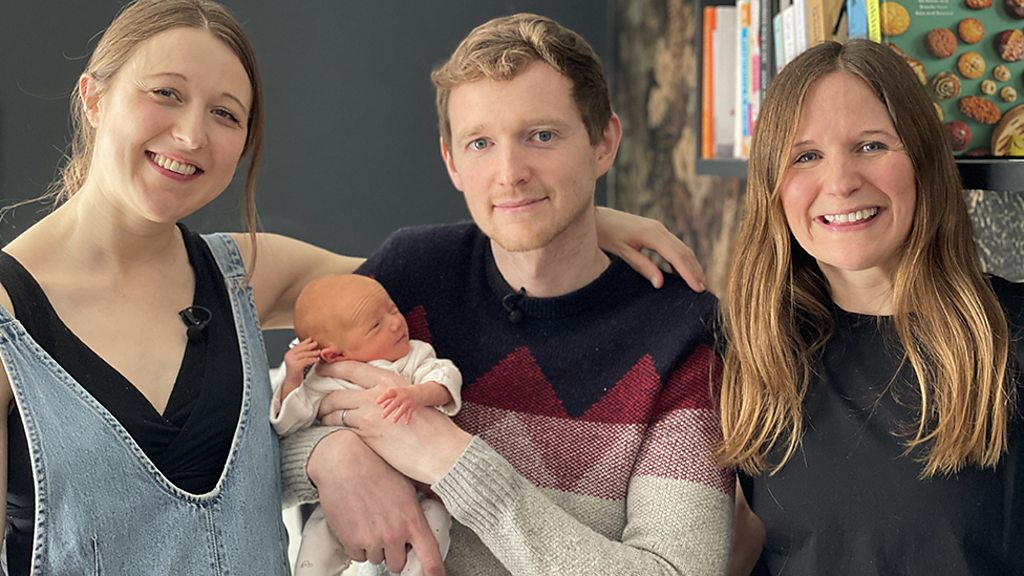Towana Looney, a 53-year-old woman from Alabama, has become the latest individual to receive a gene-edited pig kidney transplant, marking a significant milestone in the field of xenotransplantation. The procedure, performed at NYU Langone Health in New York City, makes her the only living person currently with an animal organ transplant, a hospital statement revealed on Tuesday.
A Journey of Resilience and Hope
Looney donated one of her kidneys to her mother in 1999, but pregnancy complications years later caused her remaining kidney to fail. She has been reliant on dialysis since 2016, enduring eight years of treatment as her condition worsened.
Despite her status as a living donor, which typically grants higher priority on transplant waiting lists, her search for a suitable match proved fruitless. Her body’s unusually high levels of harmful antibodies made organ rejection highly likely, complicating the process further. Over time, dialysis became less effective as her body lost accessible blood vessels, leaving her increasingly frail.
“This is a blessing,” Looney expressed in a statement following the procedure. The surgery, conducted on November 25, 2024, was led by Robert Montgomery, the same surgeon who performed the first-ever gene-edited pig-to-human organ transplant on a neurologically deceased patient in 2021.
A Third Milestone in Living Xenotransplantation
Looney’s case represents the third instance of a gene-edited pig kidney being transplanted into a living human. Earlier patients Rick Slayman and Lisa Pasano also underwent similar groundbreaking surgeries but faced challenges that limited their outcomes.
- Rick Slayman, 62, underwent the procedure at Massachusetts General Hospital but passed away two months later in May 2024.
- Lisa Pasano, a grandmother who received a pig kidney and a heart pump at NYU Langone, initially showed signs of recovery but had to resume dialysis after 47 days and passed away in July 2024.
Despite these setbacks, researchers remain optimistic. “Without the generosity and altruism of those who participated in our research up to this point, this next step in xenotransplantation would not have been possible,” said Montgomery.
Advancements in Gene-Edited Organs
Xenotransplantation, the process of transplanting animal organs into humans, has been a long-pursued goal in medical science. Recent advancements in gene-editing technology, coupled with improved techniques to manage the immune system, have brought this dream closer to reality.
The use of pig organs, specifically, has garnered attention due to their physiological compatibility with humans. Genetic modifications, such as the removal of specific pig genes that trigger human immune responses, have been instrumental in reducing organ rejection rates.
Looney’s surgery represents another step forward, providing researchers with valuable insights into the procedure’s potential for wider clinical application. “Towana’s case is a precursor to potential clinical trials, under the FDA’s guidance, to determine if these organs are safe as a new, sustainable source of organs for those who need them,” Montgomery explained.
Addressing the Organ Shortage Crisis
The United States faces a critical shortage of organ donors, with over 100,000 individuals currently on waiting lists, including more than 90,000 in need of kidney transplants. Advocates for xenotransplantation believe that gene-edited animal organs could offer a viable solution to this crisis, potentially saving thousands of lives annually.
Looney’s case highlights the urgent need for alternatives. Traditional donor matches proved impossible due to her heightened immune response, making her an ideal candidate for experimental xenotransplantation.
A Recovery Path
Following the seven-hour procedure, Looney was discharged from the hospital on December 6, 2024, and is currently recovering in an apartment near the hospital. NYU Langone noted that her unique immune profile might require periodic inpatient administration of medication to help her body adapt to the new organ. She is expected to return home to Alabama in three months.
“This is not just about saving one life,” said Montgomery. “This is about developing a sustainable, long-term solution for organ transplantation.”
A Future of Hope
Looney’s journey reflects both the promise and challenges of xenotransplantation. While the field still faces significant hurdles, including refining surgical techniques and addressing the long-term viability of transplanted organs, her story offers hope to countless others awaiting life-saving transplants.
As the medical community continues to explore the possibilities of gene-edited animal organs, Looney’s courage and willingness to participate in this groundbreaking procedure underscore the profound human impact of these advancements.













